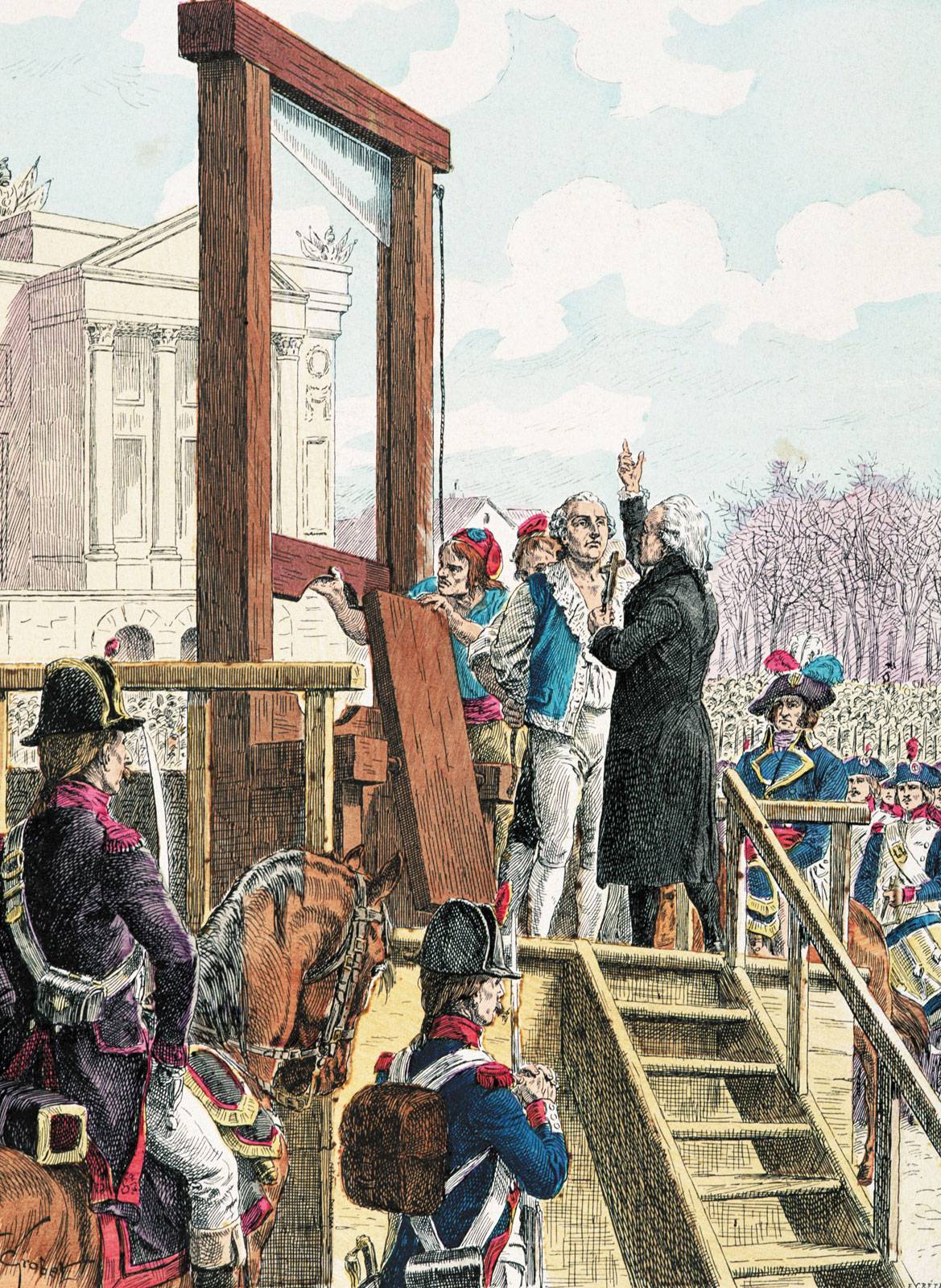Many famous wealthy investors are predicting a stock market crash. On 25 March 2021, Ray Dalio: Current bubble 'halfway' to 2000 and 1929
"By our measures, the bubble is not what it was in 2000 and not what it was in 1929," he says. "But it's kind of like halfway there."
“The next bear market will be the worst in my lifetime,” he predicted in an interview with financial advisory firm Wealthion last month.
In a RealVision interview filmed and released in early October, the billionaire "Bond King" Jeff Gundlach said stocks would crash within 18 months, predicted that the US dollar would tumble in the long run, and voiced his doubts about bitcoin.
On 21 Nov 2021, Harry Dent: Stock Market Crash Coming in Early 2022; ‘Economy Is Dead’.
“Stocks are on their last legs,” he declares, predicting that the market will plummet 80%.
Indeed, in the first two to three months of 2022, it will drop more than 50%, Dent, a Harvard Business School MBA, foresees.
The S&P 500 closed at approximately 4700 on 7 Dec 2021. What would plummet the Standard and Poor's 500 stock equity index to, and curb it below, 700 until 2025? The nose dive to 700 must happen by 1 Jan 2023. Then S&P 500 must stay below 700 until 1 Jan 2030.
Here are the usual disclaimers. No Deux Ex Machina!!! The causes must be realistic and justified.
NO asteroid impacts whatsoever — don't just allege an astronomical impact event or another Cretaceous–Paleogene extinction event.
NO wars or anthropogenic disasters whatsoever — rule out second US Civil War or third World War III.
NO unrealistic Acts of God or Natural Disasters.
NO impracticable -demics, or diseases. For example, don't just assume some SARS-CoV-2 virus variant will unexpectedly become more contagious and lethal and painful. Scientific evidence is required.


The causes must be realistic and justified.- how about the stock market just being a huge bubble waiting to burst at any moment, anyway? $\endgroup$